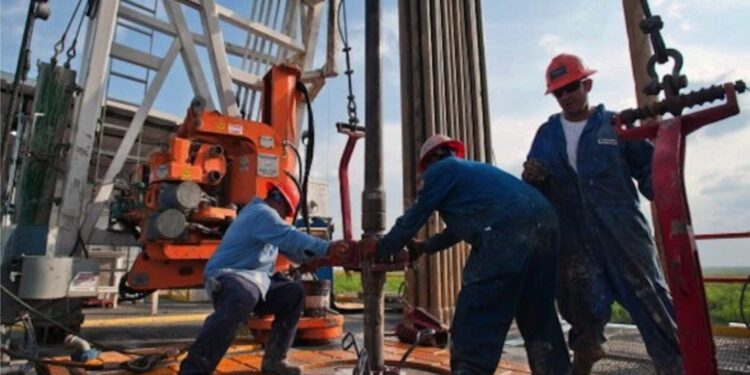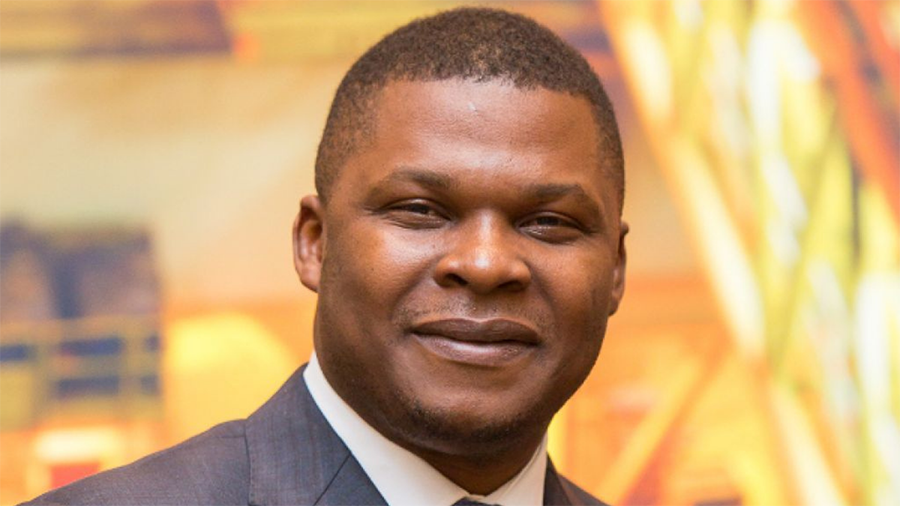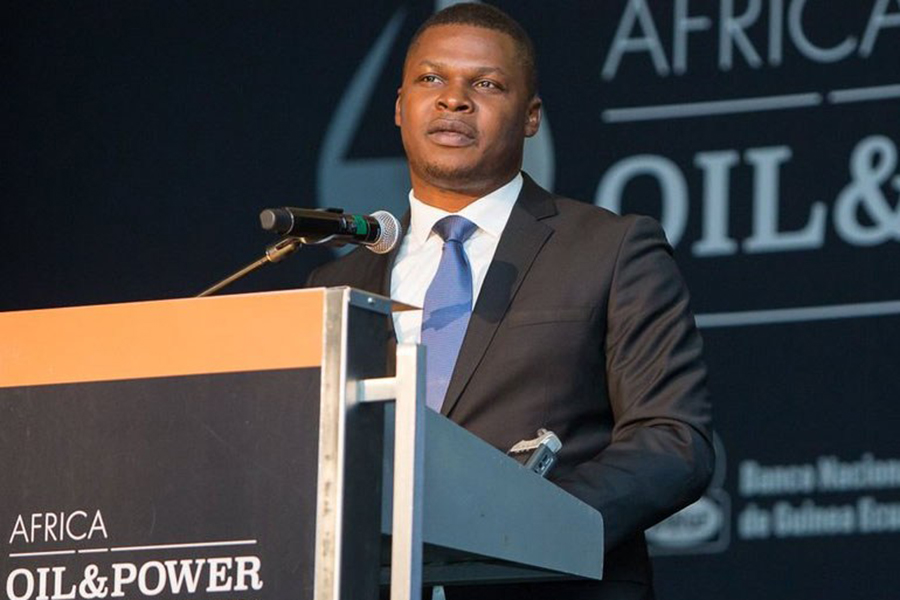Nigeria lost 165,000 barrels per day from crude oil production outages between January and May 2023. This is according to data provided by the African Energy Chamber in its Q2 State of African Energy report released in August 2023.
In the report, the AEC said that Nigeria’s unplanned outages from January through May have resulted in the country losing about 165,000 bpd and adding up to over 90% of the unplanned outages over the period.
The report also stated that a variety of issues led to these unplanned outages in the country. Some of these issues include the following:
- Force Majeure is being implemented due to pipeline blasts.
- Rampant crude theft and a large number of illegal connections on existing pipelines
- Fire incidents near pipelines
- Worker and union strikes create industrial disputes.
- Terminals not operating at 100% capacity.
A part of the report stated that:
- “Maintenance activities on fields flowing Forcados, Usan, and Abo crude streams also impacted Nigeria’s output in H1 2023.”
Note that in July 2023, Nigeria produced 1,081,396 barrels of crude oil per day, meanwhile, it produced 38,258 barrels per day of blended condensate and 174,509 barrels per day of unblended condensates. All these made up a total of 1,294,162 barrels per day for the month.
Since the start of 2023, this is the second time that Nigeria’s crude production rate dipped below 1.4 m/bpd, the first time was in April 2023, when the country produced 1,245,028 barrels.
2024 projections
In the AEC report, production forecasts for 2024 based on field-level performance from the producing fields in producers like Algeria, Nigeria, and Angola suggest that only Algeria is expected to be producing surplus over the target and hence continue to comply with the OPEC cuts and targets.
It was projected that despite heavy cuts of 360,000 bpd, Nigeria is expected to reach 95% of its production targets, and as such, can be expected to comply completely with the OPEC cuts, not because the country is adhering to the policies, but because the production capacity is lesser than the target.
What you should know:
During a panel discussion on energy security during the July 2023 OPEC seminar in Vienna, Austria, the Permanent Secretary, Ministry of Petroleum, Aduda told attendees that the security challenges in Nigeria’s oil and gas sector have not entirely stopped investors from investing in the sector.
According to him, the oil and gas investments will help the country in its energy transition agenda because there is also a need to invest in critical minerals which are needed for developing renewable energies.


















The nation have no business with oil, they should sell it off to some serious nation.